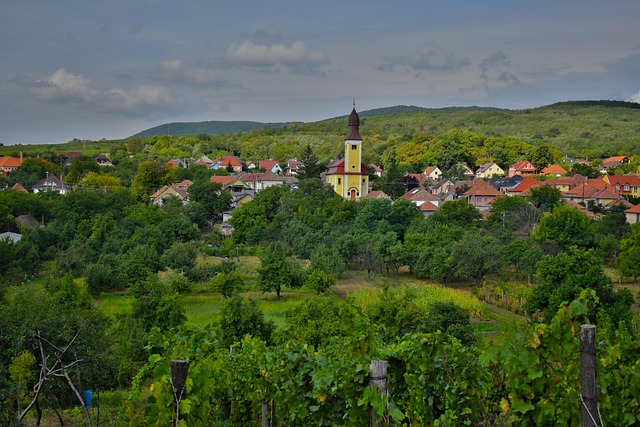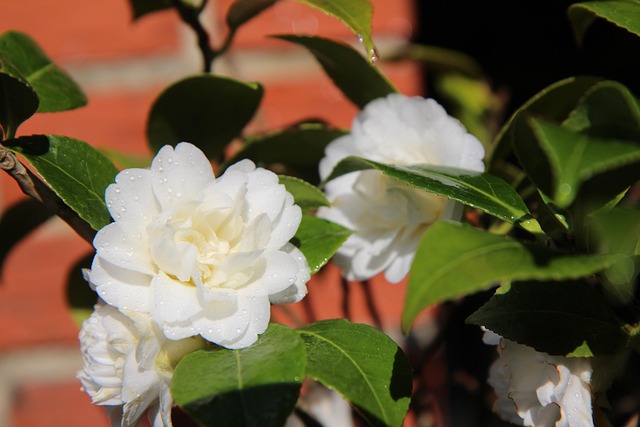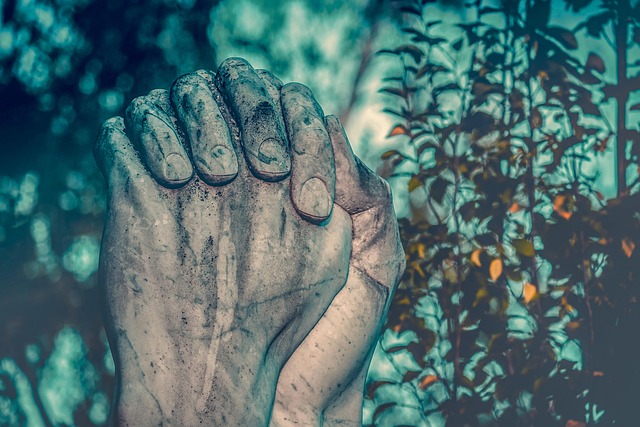During religious festivals, the atmosphere is often charged with joy, celebration, and communal spirit. However, amid the vibrant activities, there exists an essential, albeit quieter, element that plays a crucial role in supporting the well-being of communities—nursing. Whether it’s a bustling market filled with excitement or a sacred ceremony uniting families, the dedication and compassion of nursing professionals during these times is truly commendable.
Religious festivals often involve large gatherings where people come together to engage in rituals and social activities. In these bustling environments, the health and safety of attendees can be at risk. This is where the expertise of nursing professionals becomes invaluable. Nurses provide critical care not just in hospitals but also in makeshift health booths and emergency tents set up to ensure that individuals remain safe and healthy during celebrations.
In many cultures, particular religious festivals may also see an influx of individuals with pre-existing health conditions. Nurses are on the frontline, offering care and guidance, whether it’s through managing chronic conditions or responding to sudden health issues. Their role becomes even more pronounced during outdoor celebrations, where heat exhaustion, dehydration, or allergies may come into play. A nurse’s quick response and practical knowledge can save lives and ensure that the spirit of celebration thrives.
Moreover, nursing professionals often bridge the gap between medical knowledge and cultural practices. Understanding the significance of rituals and traditions enables them to provide care that respects and honors these values. For instance, during holy gatherings, nursing staff may work collaboratively with local healers or community leaders, creating a synthesis of tradition and modern medicine that enhances the overall health literacy of attendees.
In addition to physical health, the emotional and psychological demands during religious festivities can’t be overlooked. Stress and anxiety can bubble to the surface as families prepare for gatherings, and nursing professionals often find themselves providing support through counseling and compassionate listening. They help individuals navigate the complexities of familial expectations, social anxieties, and even the grief that festivities can sometimes exacerbate. This holistic approach is vital in nurturing a community’s overall well-being.
Nurses also engage with community education during these festivals. They often conduct sessions that offer health advice, emphasizing the importance of hygiene, vaccination, and proper nutrition during communal eating events. Their presence reassures attendees, fostering a sense of security that allows everyone to enjoy the celebrations to the fullest. The simple act of a nurse sharing crucial health information can lead to larger impacts, potentially reducing the spread of illness during these high-contact times.
Furthermore, the role of nursing during religious festivals extends beyond just immediate care; it encapsulates the spirit of service and dedication inherent in the profession. Nurses embody the values of compassion and selflessness, mirroring the virtues celebrated in many religions. Their unwavering commitment to serving others resonates deeply with the themes of love, empathy, and community often emphasized during religious observances.
In conclusion, as we gather to celebrate religious festivals, let us remember the significant role that nursing plays in these vibrant cultural events. Their expertise, dedication, and compassionate care ensure that the jubilant spirit of such gatherings is maintained, allowing us all to enjoy the celebrations while feeling safe and cared for. The next time you find yourself immersed in the festivities, take a moment to acknowledge the nurses whose contributions help make the occasion not only joyous but also healthy and secure for everyone involved.




